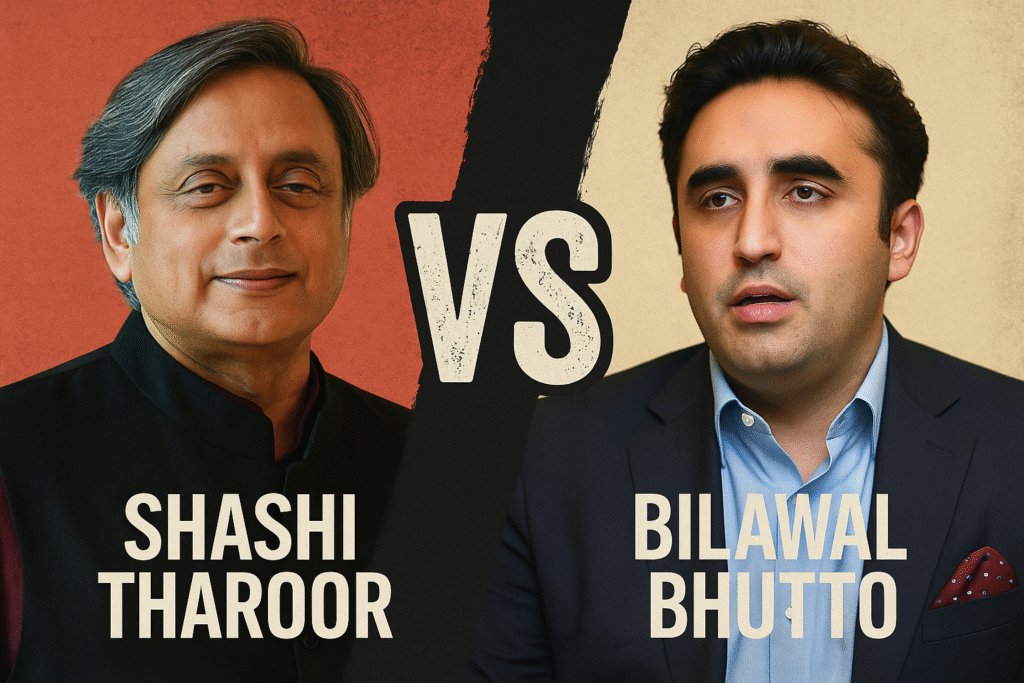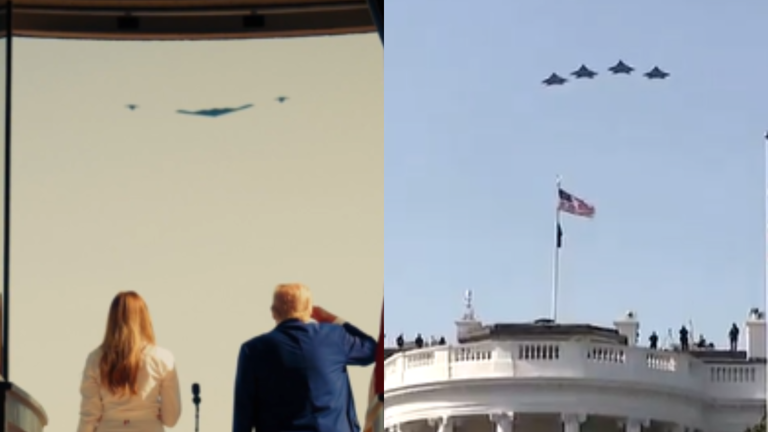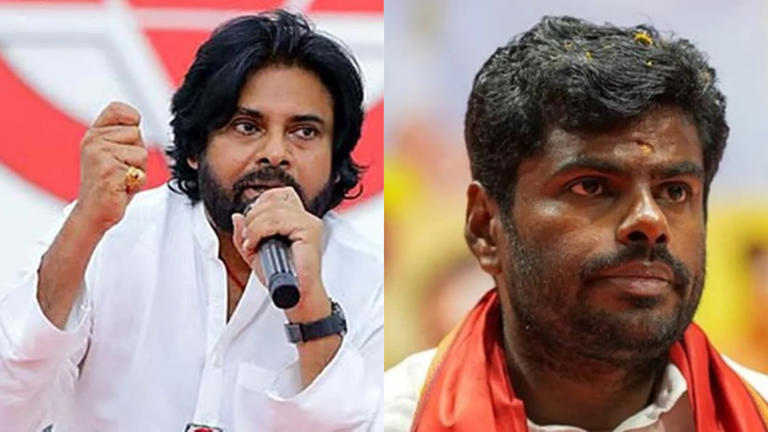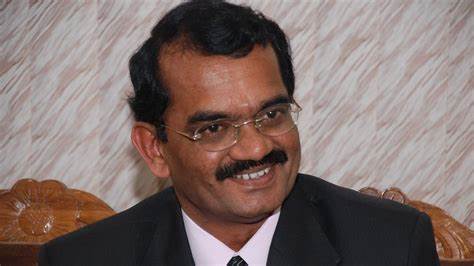How Do Tharoor and Bhutto Compare in Diplomatic Skills?
So, this whole thing kicked off after Operation Sindoor, India’s military strike on terror targets in Pakistan, followed by the May 10, 2025, ceasefire along the Line of Control. Both India and Pakistan are now racing to Western capitals to shape the global narrative. Shashi Tharoor, a Congress MP and former UN bigwig, is leading India’s delegation, which includes folks from BJP, DMK, and Shiv Sena—showing a united front against terrorism. Pakistan, on the other hand, has sent Bilawal Bhutto Zardari, PPP chairman and former foreign minister, to push their “peace mission” and focus on Kashmir. It’s a classic India-Pakistan rivalry, but this time it’s on the diplomatic stage, and the stakes are high!
Let’s compare their chops. Shashi Tharoor brings serious cred—he’s a former UN Under-Secretary-General, a bestselling author, and a parliamentarian who chairs India’s external affairs committee. He’s known for his eloquence and nuanced arguments, which resonate with Western leaders. His delegation is multi-party and packed with top diplomats, projecting unity. Bilawal Bhutto Zardari, while young and articulate, leans heavily on his political lineage as Benazir Bhutto’s son. He’s a former foreign minister, but his past hawkish remarks—like saying “either water will flow or their blood”—hurt his credibility. His team is mostly political appointees, seen as reactive and lacking depth compared to India’s powerhouse squad.
Bilawal Bhutto is being sent to represent Pakistan because he belongs to a powerful political family that boasts of money, influence, land, two former Prime Ministers and a sitting President. And he can speak English. This is exactly why he was FM. No qualifications. No…
— Major Gaurav Arya (Retd) (@majorgauravarya) May 18, 2025
How Are Their Public Speaking Skills Shaping the Narrative?
Shashi Tharoor’s public speaking prowess plays a pivotal role in advancing India’s narrative on the global stage. Known for his intellectual gravitas, Tharoor employs a commanding yet approachable style, delivering arguments with precision and rhythm that captivate his audience. He often structures his points in a clear, memorable sequence—highlighting India’s firm stance on terrorism, its commitment to democratic values, and its strides in economic development. This methodical delivery ensures his message is not only persuasive but also easy to grasp, fostering trust among Western policymakers and diplomats. Tharoor’s ability to maintain a steady, confident tone while weaving in nuanced insights allows him to connect deeply with his listeners, reinforcing India’s position as a responsible global player. His speeches consistently exceed expectations, presenting well-researched, reality-grounded arguments that leave a lasting impact, positioning him as a formidable diplomat in this high-stakes narrative battle.
This is simply not true. People have no idea how rapidly anti colonial discourse spread in Britain due to Tharoor's Oxford speech. He is an articulate, charismatic man and admired everywhere. He didn't become UN Undersecretary because Champa from Bhagalpur had a crush on him. https://t.co/5QWOfmKR0W
— Dand-Baithak Normalizer (@rrban014) May 19, 2025
In contrast, Bilawal Bhutto Zardari, despite his fluency in English and evident oratorical skills, faces challenges in maintaining consistency, which weakens his ability to shape Pakistan’s narrative effectively. His past, marked by hawkish statements such as threats of violence, starkly contrasts with his current attempt to project a “peace mission” image, creating a disconnect that undermines his credibility. This inconsistency makes his delivery feel disjointed, as if he’s struggling to reconcile his earlier aggressive rhetoric with the more conciliatory tone he now adopts. As a result, his arguments often lose momentum, failing to sustain the initial interest of his audience. While Bilawal can articulate Pakistan’s perspective on issues like Kashmir, his lack of a cohesive narrative and the lingering shadow of his past statements prevent him from matching Tharoor’s diplomatic finesse. Tharoor’s superior ability to align his delivery with audience expectations, while grounding his arguments in a consistent and compelling reality, gives him a clear advantage in captivating global audiences and steering the international discourse in India’s favor.
Why Does This Diplomatic Duel Matter for India-Pakistan Relations?
This face-off isn’t just a PR battle—it’s a strategic chess game. India, under Tharoor, is playing proactively, focusing on cross-border terrorism and regional stability, which aligns with global priorities in 2025. Pakistan’s effort, led by Bilawal, feels more reactive, sticking to old talking points like Kashmir, which don’t resonate as strongly. Analysts call it a “no-contest”—Tharoor’s experience and finesse are outshining Bilawal’s reactive approach. Social media is buzzing with memes, and even Pakistani journalists are praising Tharoor’s self-made credentials over Bilawal’s dynastic background. This diplomatic duel could shape how the world views India-Pakistan tensions post-Operation Sindoor, especially as both nations navigate their narratives in a shifting global landscape.





















